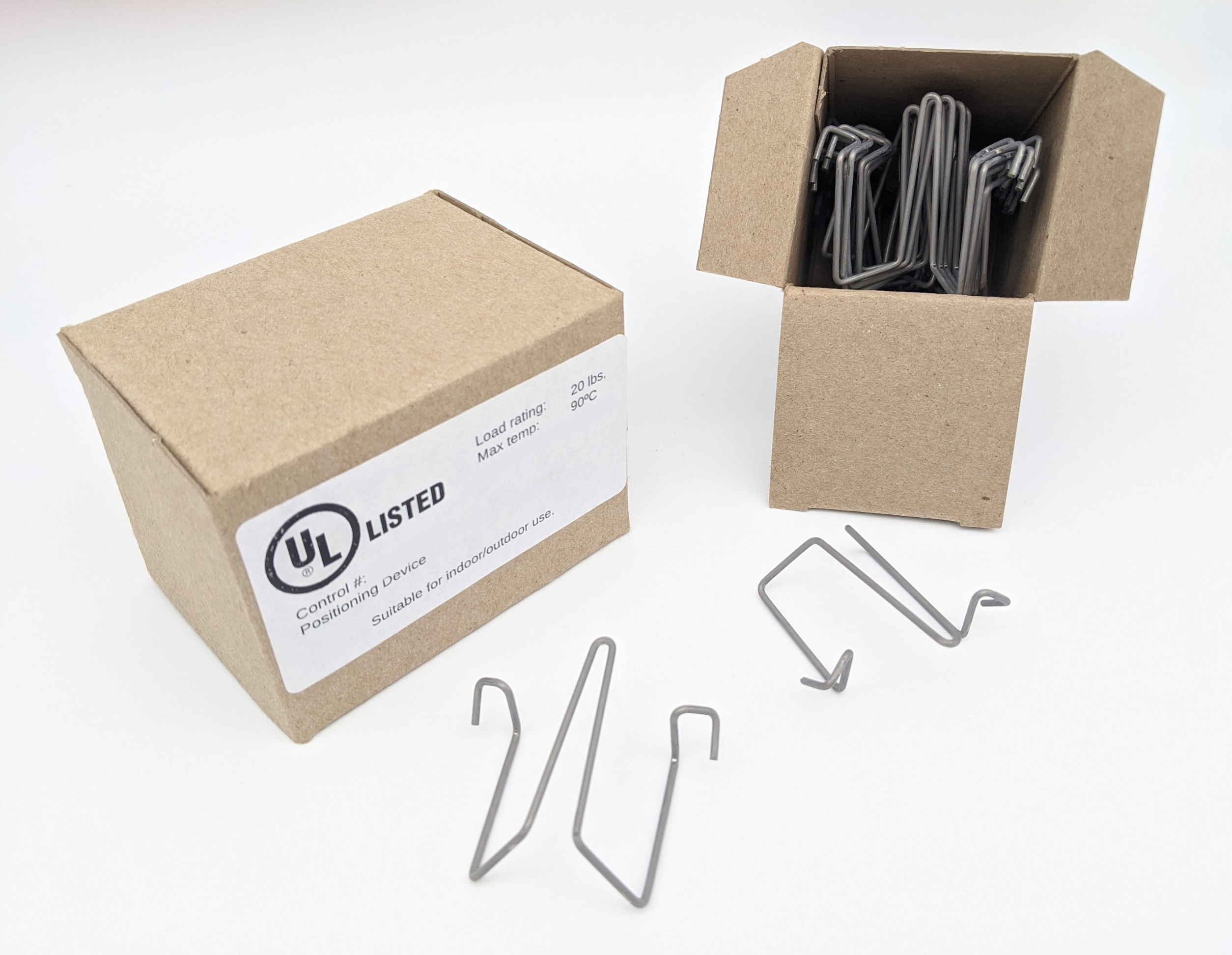Get unique, complex parts easily. No matter your requirements, Chaoyi Spring creates hard-to-produce coil springs and wire forms.
Let us help you create the custom wire form you need, from S-hooks and J-hooks to utility hooks and more.
We work closely with customers across a wide range of industries, helping them design and manufacture made-to-order parts.
Why choose Chaoyi Spring? We prioritize customer-focused collaboration, modern equipment and the latest technology to make your parts per print.
Find the information and guidance you need, from measuring a spring to learning about materials, placing an order and much more.
Imagine a world where your garage door creaks and groans every time you open it. It slams shut with a resounding thud, leaving you worried about its lifespan. But, lurking


Imagine a world where your garage door creaks and groans every time you open it. It slams shut with a resounding thud, leaving you worried about its lifespan. But, lurking within the mechanics of this seemingly simple appliance are tiny but mighty torsion springs. These seemingly unremarkable components, specifically those found in garage doors, are the secret to smooth, effortless operation. Let's delve into the world of torsion garage springs, exploring their crucial role, different types, and how to ensure they keep your garage door functioning flawlessly.

Torsion garage springs are coiled springs, often made of high-quality spring steel, that are located above the garage door. They are responsible for counterbalancing the weight of the door, allowing you to effortlessly raise and lower it. When you pull the door handle, the torsion springs wind up, storing potential energy, and then release that energy as you lower the door, providing smooth and consistent movement. Without these springs, you'd be lifting the entire weight of your garage door every time you wanted to open it, which could be extremely challenging and even dangerous.
There are two primary types of torsion garage springs used in residential garage doors:
1. Extension Springs: These springs are often found on older garage doors and are located on each side of the door, extending horizontally. They use a system of cables and pulleys to provide counterbalance.
2. Torsion Springs: These springs are located above the door, coiled around a shaft, and are the standard for most modern garage doors. They offer a number of advantages over extension springs, including:
* **Safer:** They are less likely to break and cause injuries.
* **Smoother operation:** They provide a more consistent counterbalance, resulting in a smoother, quieter door.
* **Longer lifespan:** They typically last longer than extension springs.
While torsion garage springs are designed to be durable, they are subject to wear and tear over time. Regular maintenance is crucial to ensure they continue to function properly and safely.
Warning: Working with garage door springs can be dangerous. The springs are under extreme tension and can cause serious injury if not handled correctly. If you're not comfortable working with them, it's best to call a professional garage door technician.
If you notice any of the following signs, it's likely your torsion springs need replacement or adjustment:
* Uneven door movement: One side of the door is higher or lower than the other, creating a crooked appearance.
* Door won't open or close smoothly: The door requires excessive force to open or close, or it jams halfway.
* Strange noises: You hear creaking, groaning, or grinding sounds when operating the door.
* Broken springs: Visible damage to the spring, such as cracks or breaks.
* Sagging door: The door is noticeably drooping or sagging in the middle.
Torsion garage springs bring a host of benefits to your garage door:
* Improved safety: They reduce the risk of accidental injury from a heavy door.
* **Enhanced convenience: Opening and closing the door becomes effortless.
* Extended lifespan: Properly maintained torsion springs can last for years, reducing the need for frequent replacements.
* Smoother operation: They provide a quieter, more consistent operation.
Always prioritize safety when dealing with garage door torsion springs. Here are some essential tips to follow:
* **Never attempt to adjust or replace springs yourself if you're not experienced:** Contact a qualified professional.
* **Always disconnect the door opener before working on the springs:** This prevents the door from accidentally opening or closing.
* **Use caution when handling the springs:** They are under immense tension and can cause serious injuries.
* **Make sure to wear appropriate safety gear:** This includes gloves and eye protection.
Torsion garage springs are an essential component of your garage door, providing safety, convenience, and efficiency. While they may seem inconspicuous, their impact on the smooth and reliable operation of your door is undeniable. Always prioritize regular maintenance and safety when working with torsion springs. If you have any concerns, don't hesitate to contact a professional garage door technician. With proper care, your torsion springs will keep your garage door operating flawlessly for years to come.
Remember, a well-maintained garage door with functioning torsion springs is not just about convenience – it's about ensuring your safety and protecting your property. Don't take these hidden heroes for granted! With a little attention and care, you can keep your garage door running smoothly and reliably for years to come.
Browse some of the custom wire forms and springs that we manufacture. Don’t see what you need? We specialize in made-to-order products that meet your application requirements.
Visit Our GalleryNeed a custom wire form or coil spring? We make it work. Fill out the contact form and a representative will respond within 1 business day. If you have a PDF or CAD file, you can submit to request a quote.